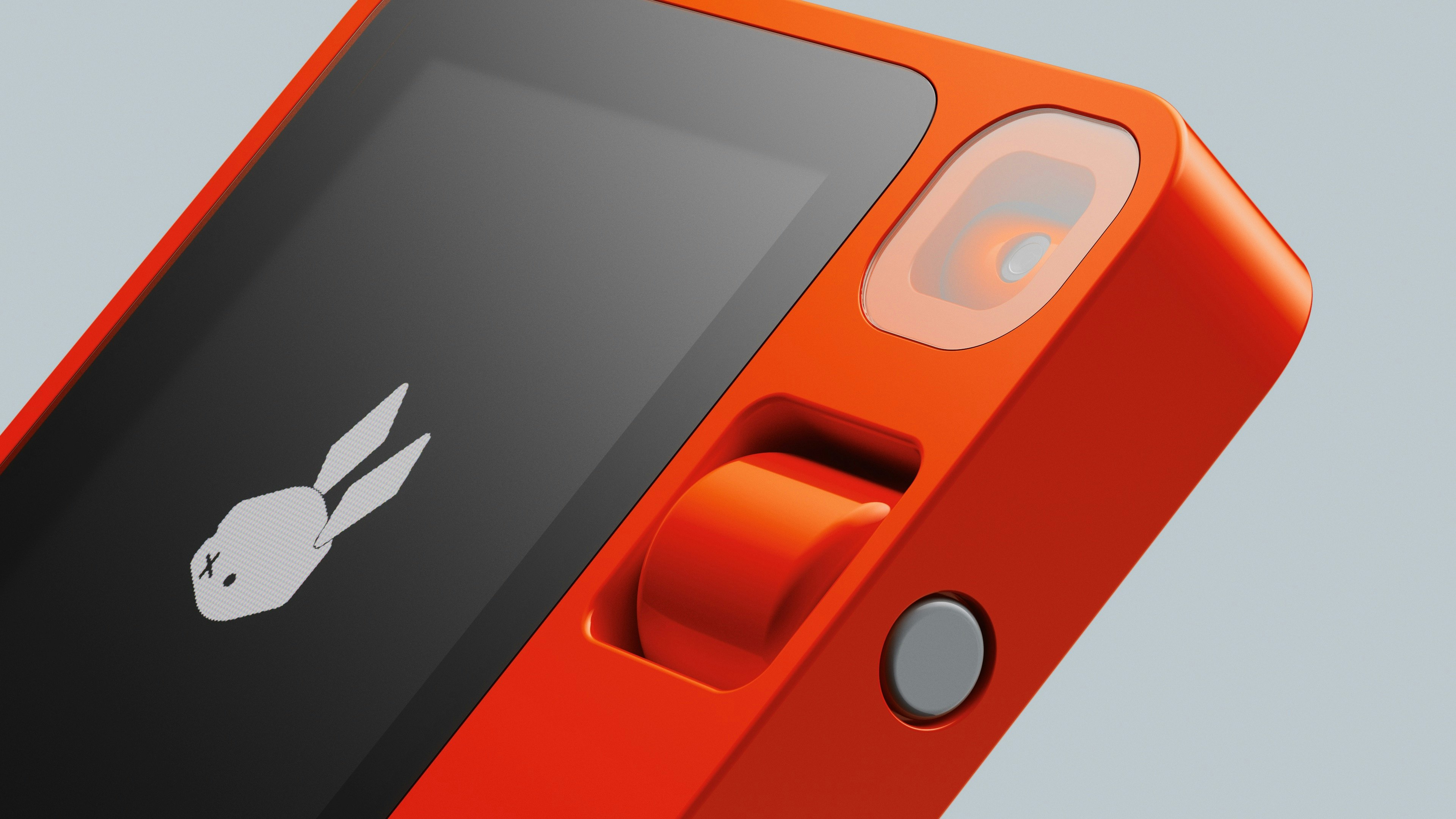
In the 2010s, it seemed like everyone needed to make a smartphone. The iPhone was ascendant, Samsung made Android a household name, and it seemed like mobile-first everything was the only way forward. It was that mentality that produced disasters like the Amazon Fire Phone.
In 2024, AI is everything, and after spending the last year finding places to put generative AI features across the world’s most popular apps, companies are now turning to physical hardware to see what dedicated sensors can do for the burgeoning AI models. Generative AI is far from perfect, but it feels like one of the surefire ways consumer technology can become interesting again.
If interacting with AI radically upends how we do the computer tasks that make up our day-to-day life, we’re on the way to finding something genuinely new. The first wave of AI hardware is finally hitting, and some general trends around how these devices will work are already taking shape. Here are the seven new AI devices that everyone should have on their radar.
Wearables and Pocket Companions
If there’s one place AI makes sense, it’s somewhere we have constant access to it — devices we can wear or that fit in a way even a smartphone doesn’t. Wearables are already common thanks to smartwatches, and wearable AI devices, with sensors that let them peer at the world around you, are going to be one of the more common types of AI hardware.
Humane Ai Pin
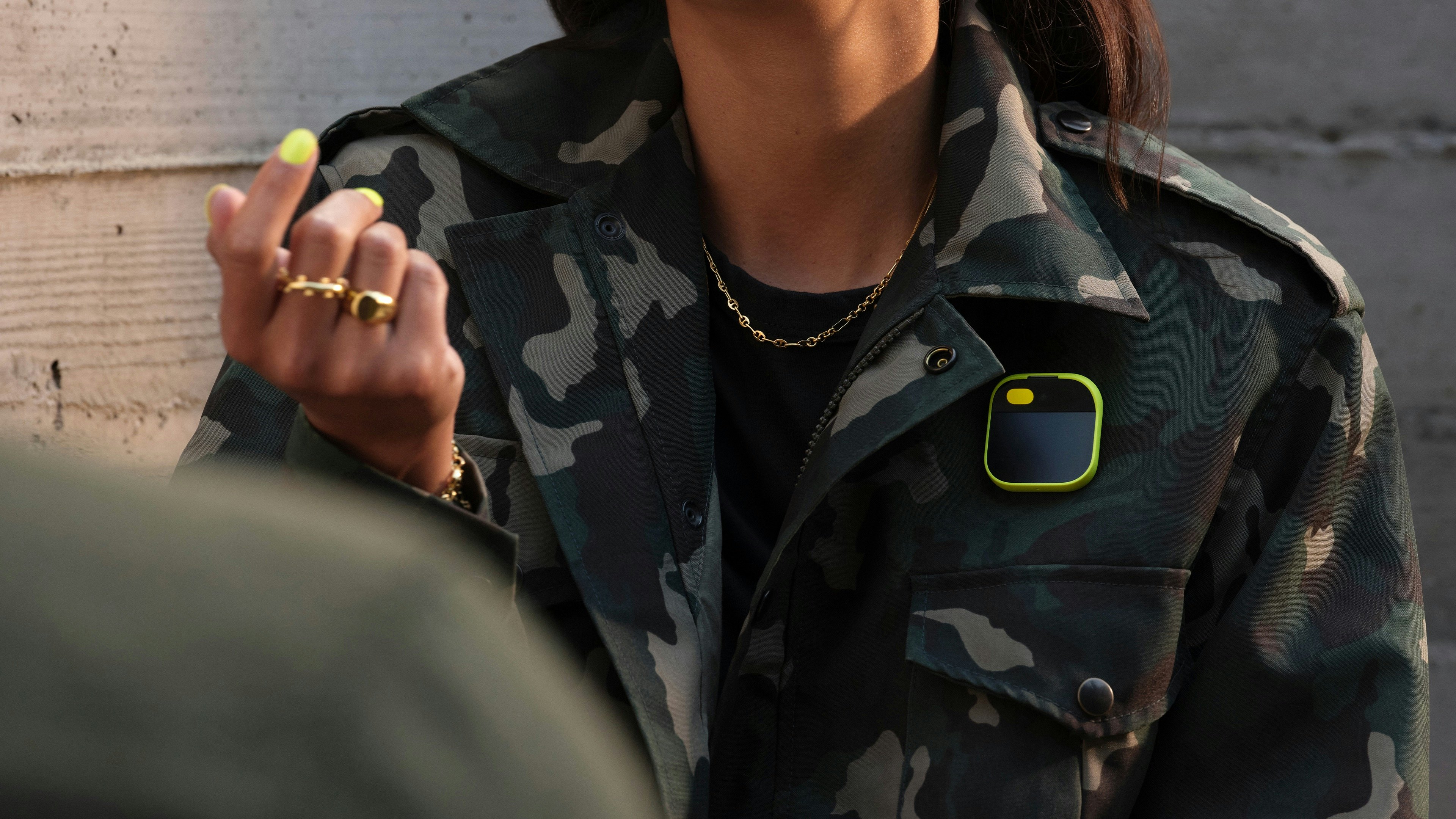
The Ai Pin feels familiar, even if it hasn't come out yet. Humane is full of ex-Apple talent, and the Ai Pin has the attention to industrial design you’d expect out of an Apple product. It was also teased for the better part of 2023 leading up to Humane’s reveal last November. Coming out in March, the Ai Pin will be one of the first in a new breed of clothing-based AI wearables, giving Humane the opportunity to define what a standalone AI device should do and how it should work.
The pin-on device isn’t exactly a smartphone, but it is attempting to do a lot of the mobile web browsing, photo taking, and general communication tasks we do with phones. The Ai Pin runs counter to everything that makes sense about the way current smartphones, laptops, and tablets work. Instead of staring at a screen of pixels, the Ai Pin is voice-first and falls back on its low-res laser projector only when you need it. There are no apps — not in the traditional sense, at least. Replacing apps are AI “experiences” that deliver information and content on-demand only when you request it.
Humane thinks these experiences will return people to being more present in reality. We’ll have to see how that shakes out. Old habits are hard to break.
Ray-Ban Meta Smart Glasses
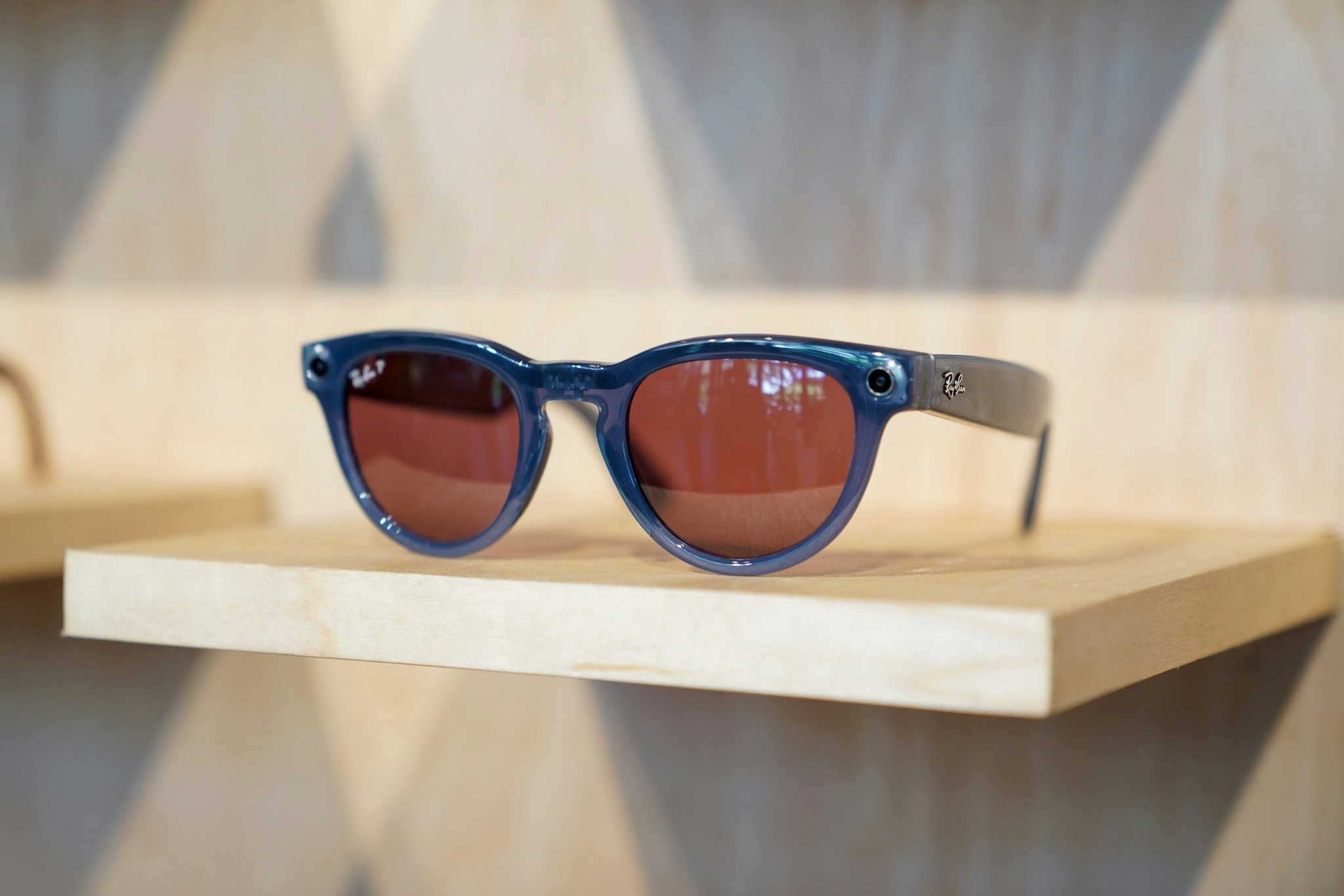
The Ray-Ban Meta Smart Glasses are technically an accessory to your smartphone in much the same way the original Ray-Ban Stories were, but Meta clearly has bigger aspirations. For one, the new glasses are much closer to the size and shape of real sunglasses. They’re stylish and come in more frame shapes and colors than the original Stories. Meta’s also made them theoretically more useful outside of their roles as open-ear headphones and a first-person camera, though they’re even better at both.
The new Meta AI was introduced alongside the Ray-Ban Meta Smart Glasses, and it's ultimately what earns them a spot on this list. Meta AI is not as full-featured as chatting with ChatGPT, but it can answer basic questions about the weather and control the call, music, and messaging functions of the smart glasses when they’re connected to your phone. And thanks to an update coming in 2024, Meta AI can use the built-in cameras to identify objects, answer questions about them, and even translate text.
Considering Meta is reportedly working towards even more advanced augmented reality glasses this year, it seems likely the “multimodal AI” features on the Ray-Ban Meta Smart Glasses will grow as the company gives them the same consistent software update attention that Quest headsets receive. Meta’s smart glasses are an interesting contrast to the Ai Pin too, in that the AI tech hides in an accessory that plenty of people already fit into their lives.
Rabbit R1
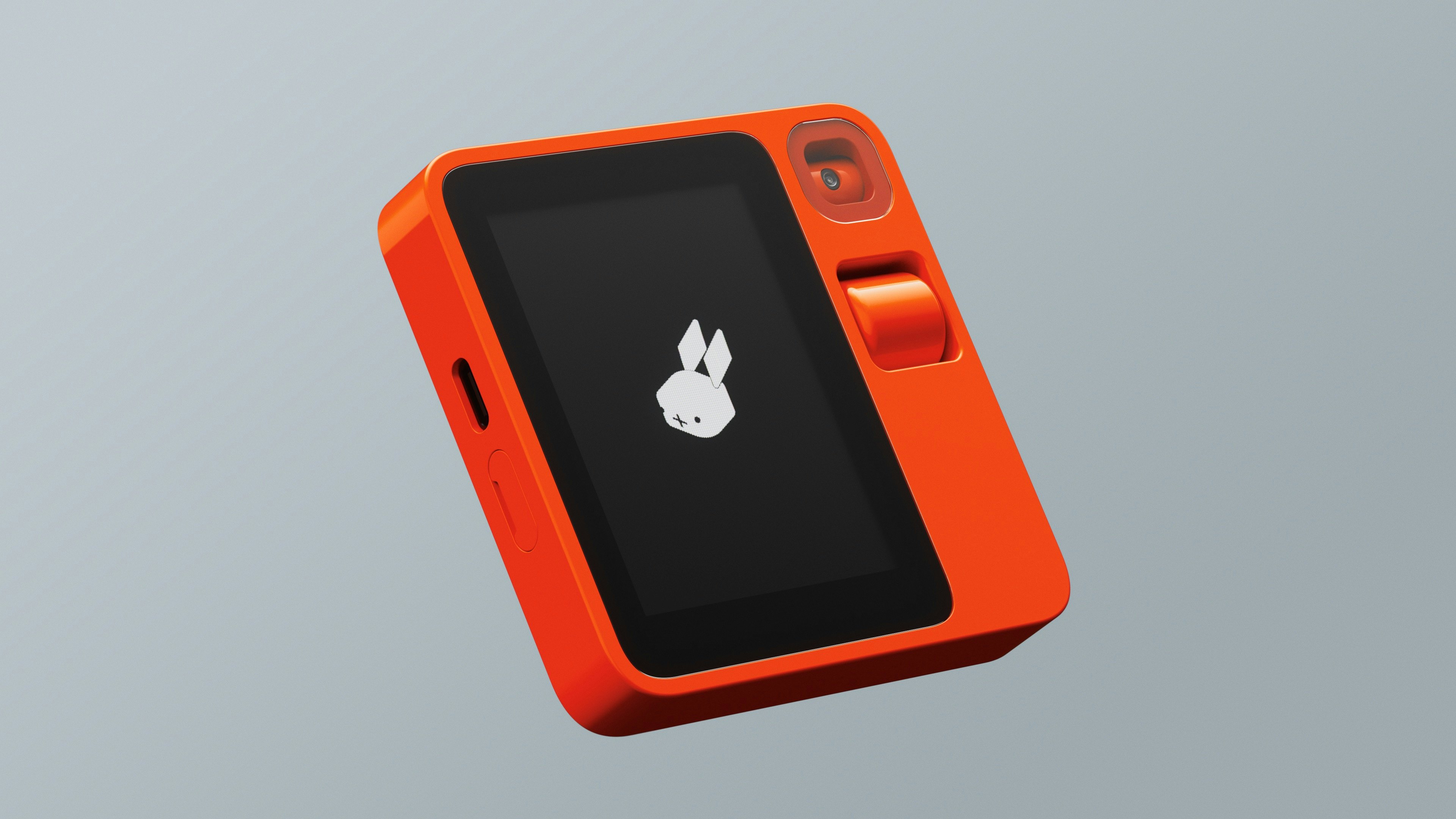
Rabbit’s R1 feels standalone in the same way the Ai Pin is and the Ray-Ban Meta Smart Glasses eventually will be. It wants to go with you everywhere and has a screen, like a phone, but offers a user experience that’s wholly different. That starts with the R1’s design, which was created by Teenage Engineering and has the firm’s signature tactility and playfulness. It extends to how it works too. Like the Ai Pin, the R1 doesn’t use apps, instead its “large action model” is designed to be an expert at controlling existing computer and service interfaces. With setup, it can order an Uber for you, play your favorite Spotify playlist, or book a flight on Expedia, without you ever having to see a webpage or app screen.
Rabbit’s goal is to take the smarts of existing AI chatbots and make them actually take action for you. There’s tremendous room for growth, too. Rabbit plans on making it possible for users to teach skills to the R1 without the need to code. The device itself has a 4G LTE SIM card slot, camera, and scroll wheel, allowing for all kinds of future use cases. Most importantly, the AI device is significantly cheaper than both the Ai Pin ($699) and Ray-Ban Meta Smart Glasses ($299) at just $199. That’s a pretty compelling package.
Memory Extenders and Second Brains
AI models are trained with huge datasets of images, text, and audio scraped from the web. Sifting through all that material is how models make connections between things and produce answers (or images, or audio) that are most likely to satisfy whatever you prompted them with. As opposed to a more one-to-one replacement for an operating system, one of the more compelling uses for AI is as a companion trained on data of your choosing. It could be a digital notebook that summarizes your sources, or if this particular kind of always-recording AI hardware catches on, a kind of memory extender or second brain that can answer questions about anything you’ve said or heard.
Tab
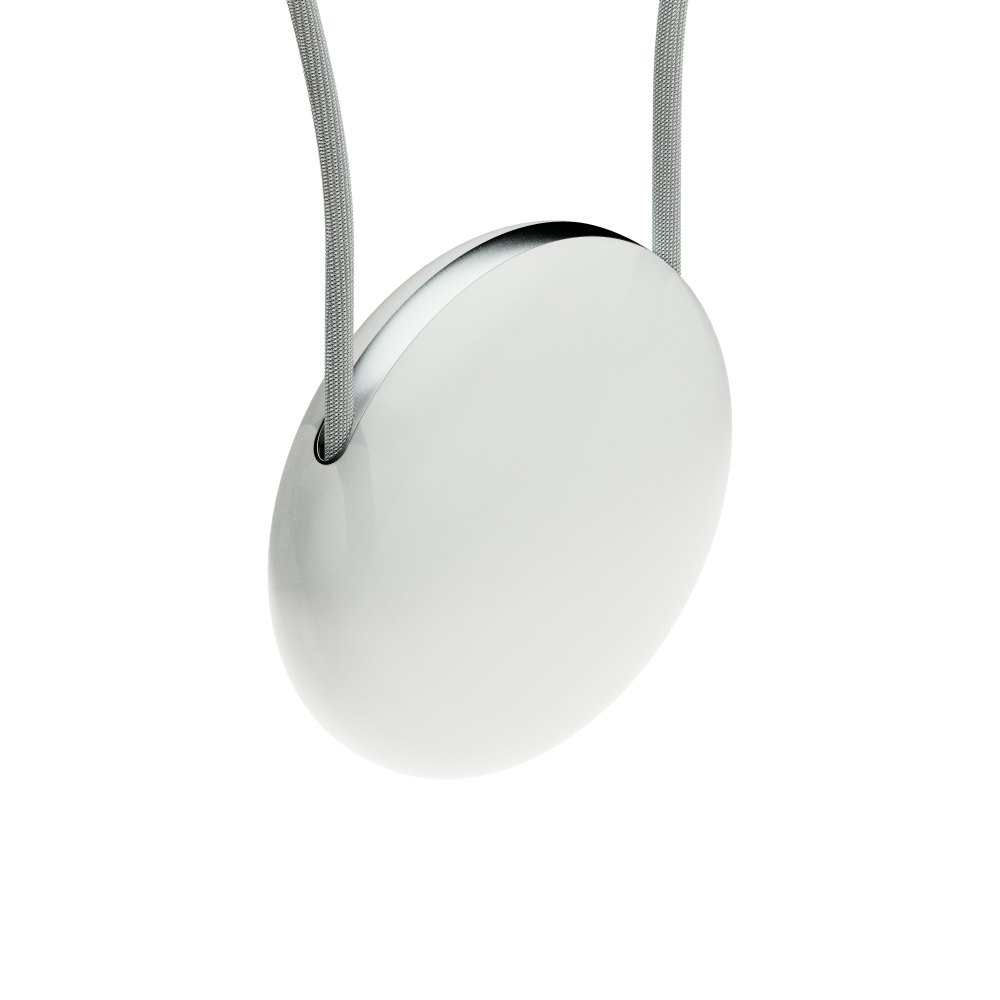
There’s no better example of the Wild West of the AI hardware space than Tab, a startup building what’s essentially a puck-shaped hot mic on a string that, paired with the right software on your phone, can supposedly act as a life coach, companion, and personal memory, all rolled into one. For example, you could tell Tab the name of a restaurant your friend mentioned a few days ago, and it will be able to remember it, even if you don’t. You could ask it to critique a presentation you gave in class or at work, and it could give you recommendations for how to improve your public speaking. If you’re wearing something that’s always recording and transcribing what you hear, there’s a lot of potential material to play with.
Adding to the Tab mystique is how truly barebones the device is. Tab was conceived by one person. You can pre-order it now via a Shopify store. The best demo we have for it is a video in a tweet. And yet, even if you’re not familiar with AI or ChatGPT, the basic concept of “a thing that remembers stuff for you” is pretty compelling in our overstimulating world. There are obvious privacy concerns, of course. Not everyone is going to feel comfortable being recorded anytime they’re in front of you, but the idea is that the utility outweighs those issues.
Rewind Pendant
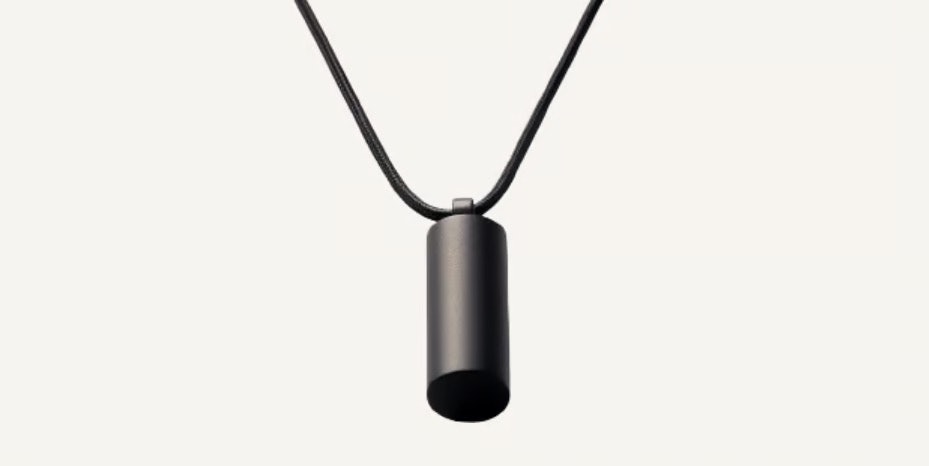
Rewind’s current app records everything you do on your computer (including audio, if you choose) and lets you scrub, search, or query an assistant about that endless timeline at your leisure. The idea is that you never have to take meeting notes, or remember emails, or whatever else worries VCs who invest in startups. There are big caveats with Rewind (what happens when you’re recorded typing private information, like a credit card number?), and they only get bigger with the Rewind Pendant, a cylinder on a necklace that records everything you say or hear, just like Tab.
In an attempt to get around some of the privacy concerns, Rewind has proposed ideas like requiring the verbal consent of whoever you’re talking to before the service actually transcribes what you’re hearing. Ultimately, though, where these devices fall apart is the huge social paradigm shifts they’ll require to be anywhere close to universally acceptable. We normalized taking cameras to a bunch of places we wouldn’t normally accept with the smartphone, but something as discreet as a necklace that can record audio might feel different.
Reimagined Existing Devices
Maybe the form factor isn’t the problem. Maybe the devices we have work well enough on their own, and AI software (with a few hardware tweaks) can achieve the same thing that a wearable camera or microphone with an internet connection does.
Surface Pro 10 and Surface Laptop 6
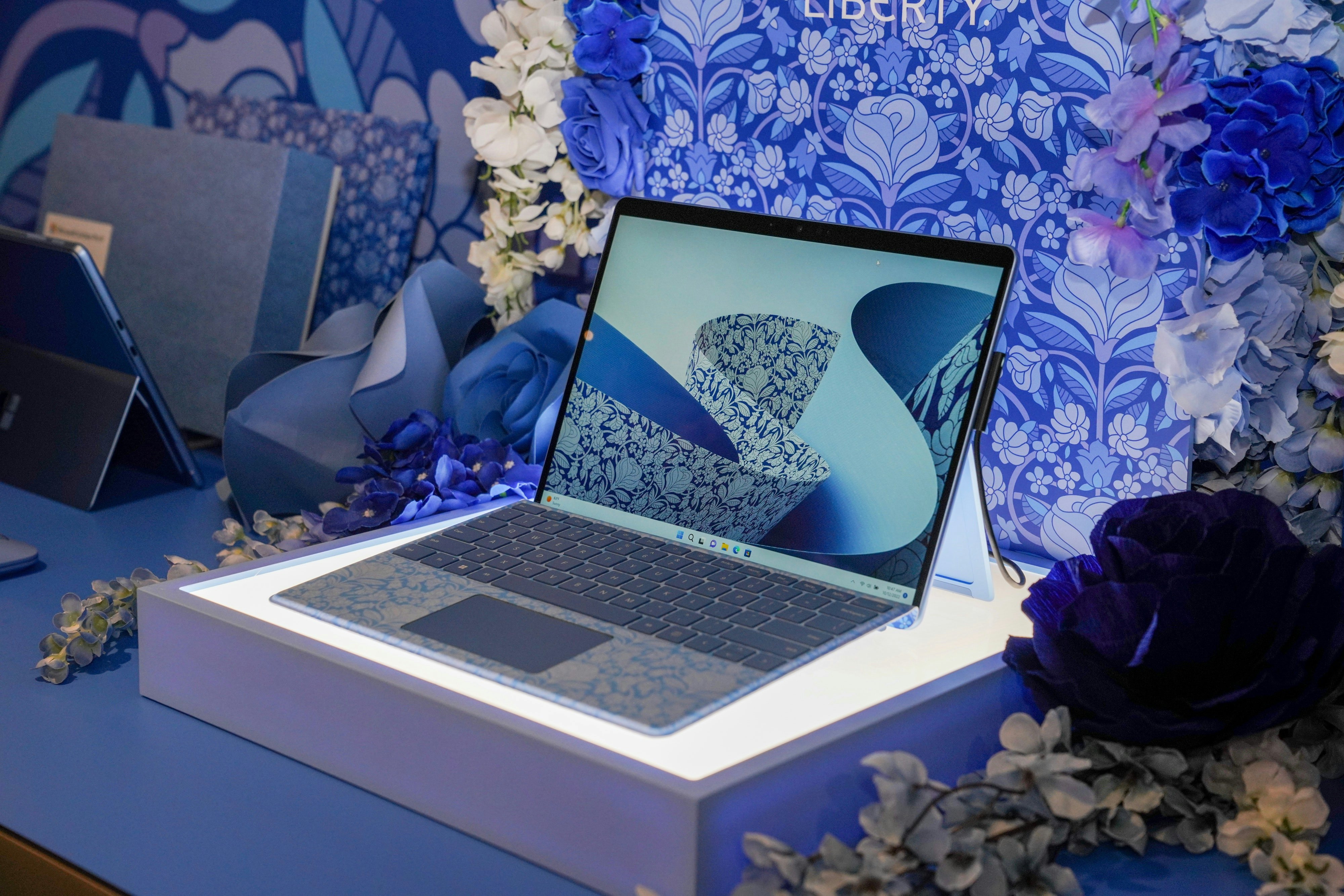
Microsoft has invested billions of dollars in artificial intelligence, both through its own research and product development, and through investments in OpenAI. With Copilot, it finally has a brand and product that works relatively well, and that isn’t tainted with expectations. Copilot can help you from Windows 11 itself, answer questions, write emails, and generate images. It can help you in Edge, doing basically the same things, with even faster access to search results and the ability to summarize web pages. And Copilot can help you inside Microsoft 365 apps by doing all of the fiddly tasks that would normally require deeper knowledge of Excel or PowerPoint.
So far, Microsoft’s AI hardware is the addition of a “Copilot Key” to all Windows laptops going forward, but if Windows Central’s report from 2023 is correct, we might see even more in the next Surface Pro and Surface Laptop. These could include new Intel or Arm chips designed around supporting generative AI experiences (building on the AI customizations in the Surface Laptop Studio 2), brighter displays, and improved webcams.
The real difference maker will be Windows 12, a “refreshed” version of Microsoft’s operating system that’s expected to have an even greater focus on AI. Microsoft is generally conservative, so it’s probably not wise to consider anything dramatic, but these kinds of changes could end up being the most meaningful for customers who upgrade computers every few years.







